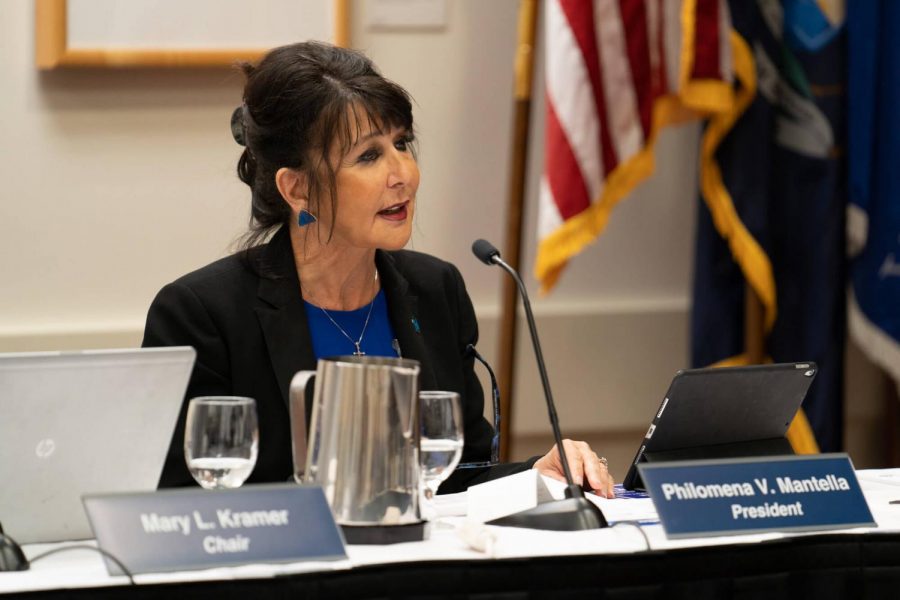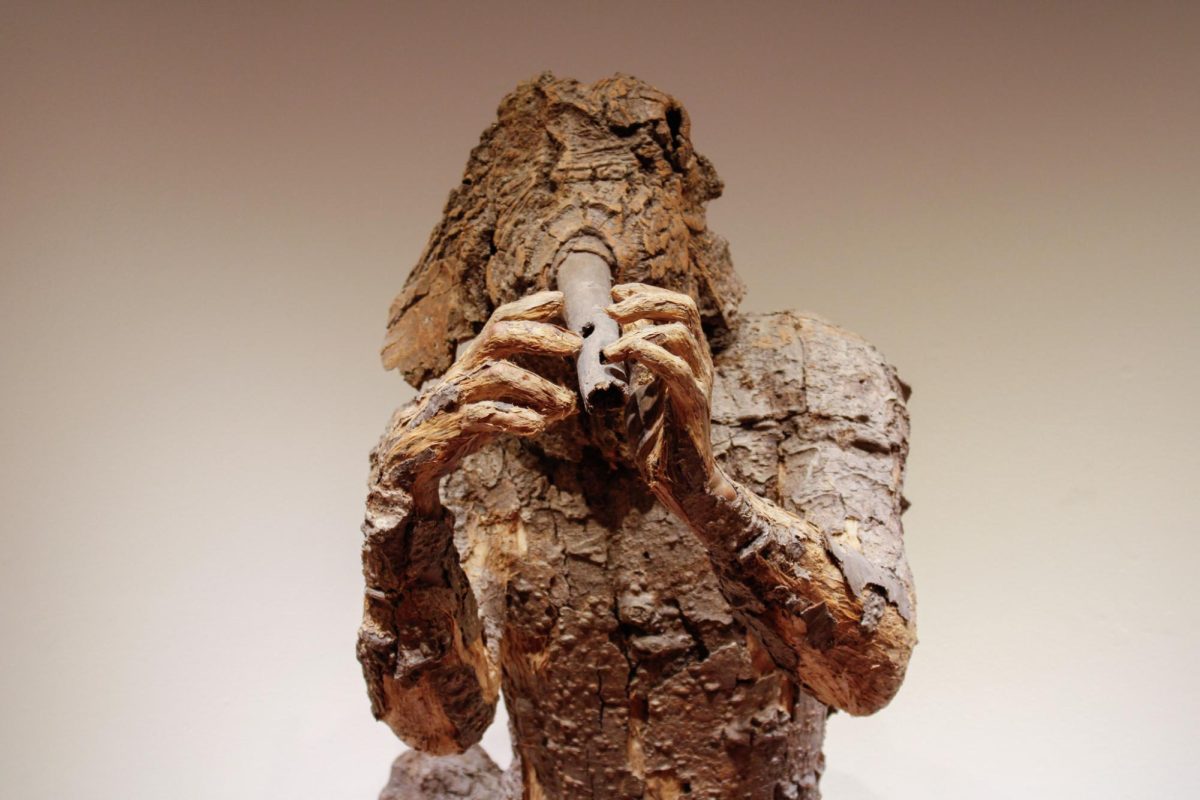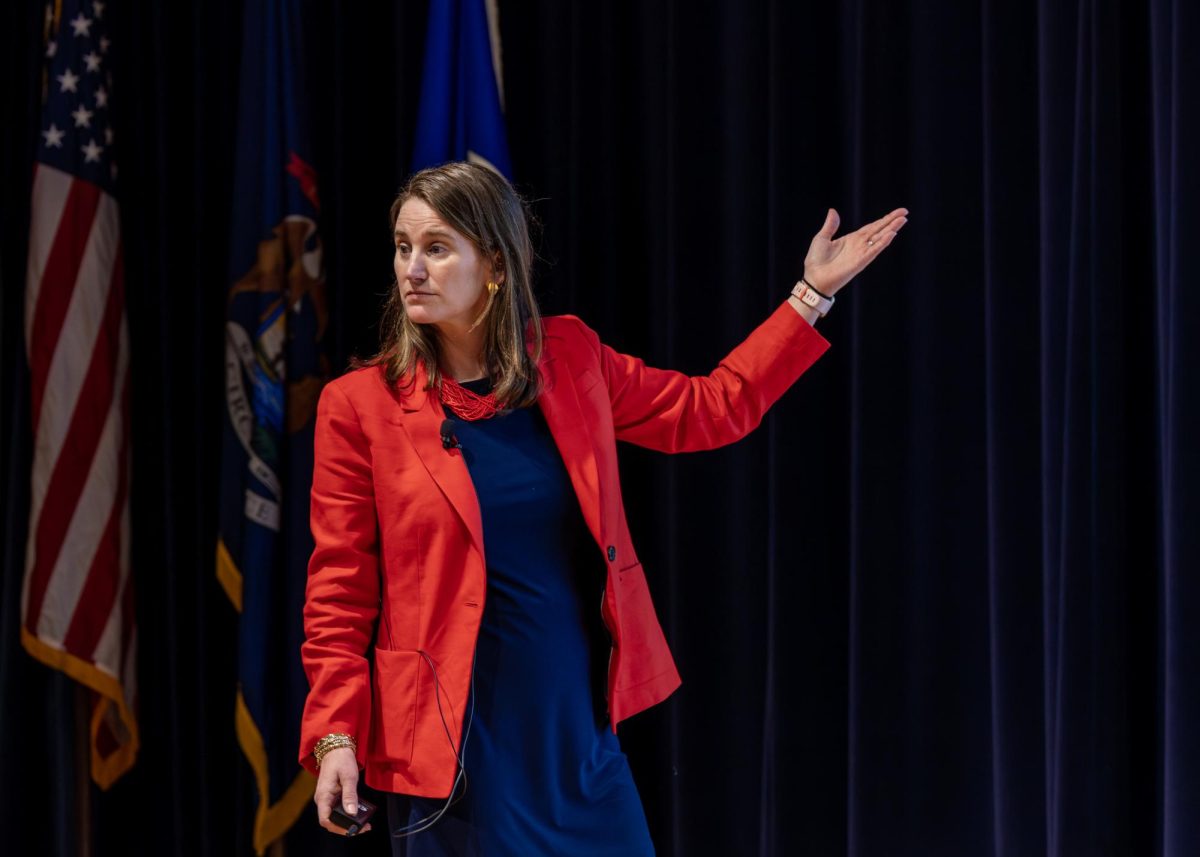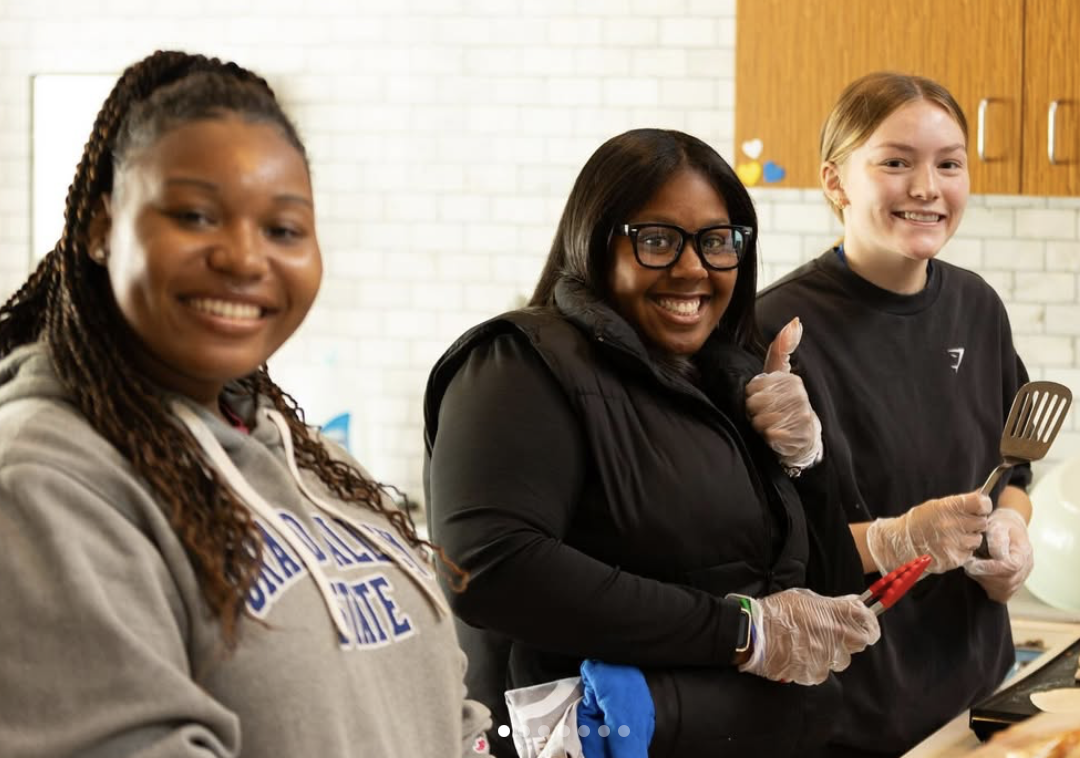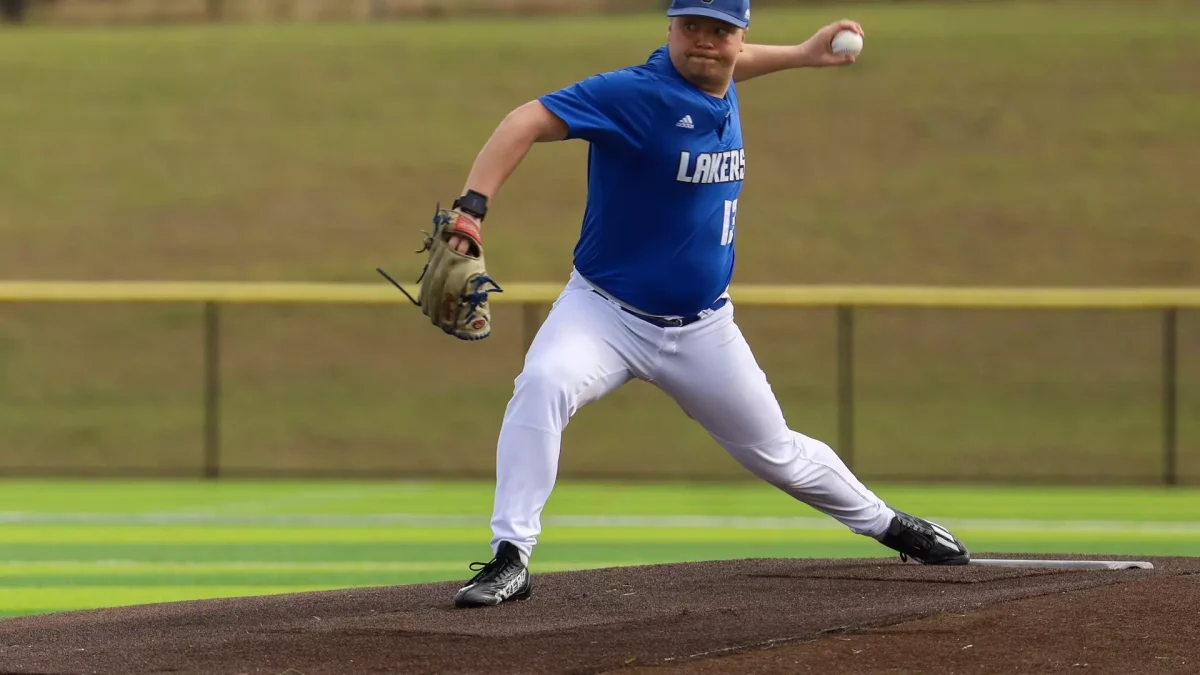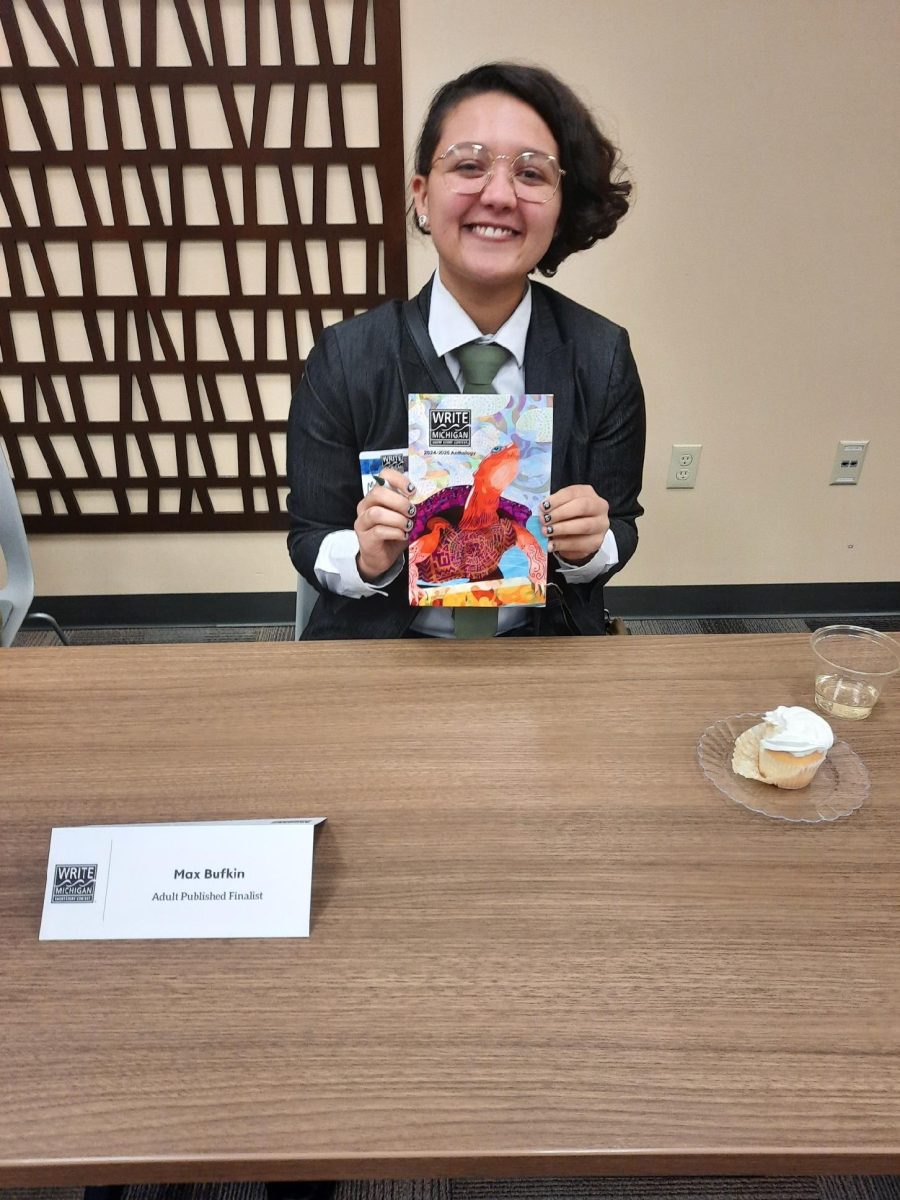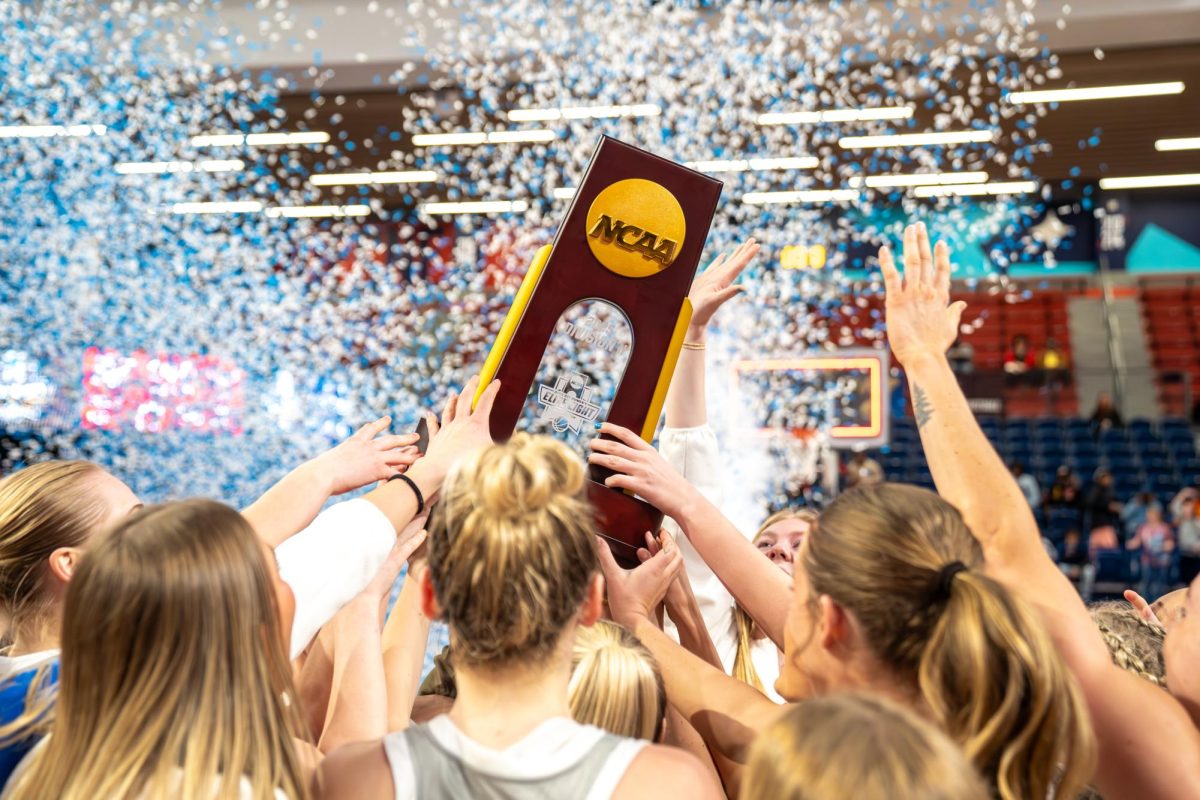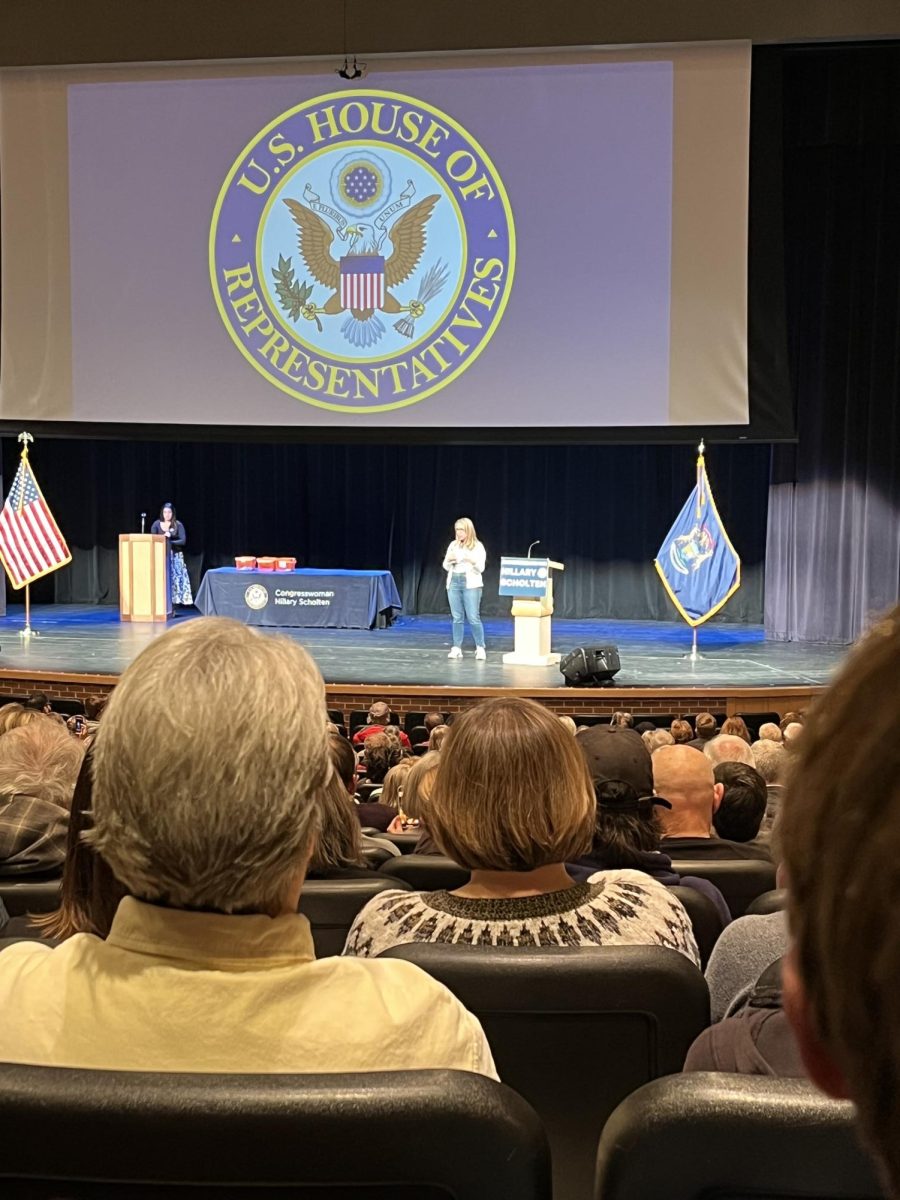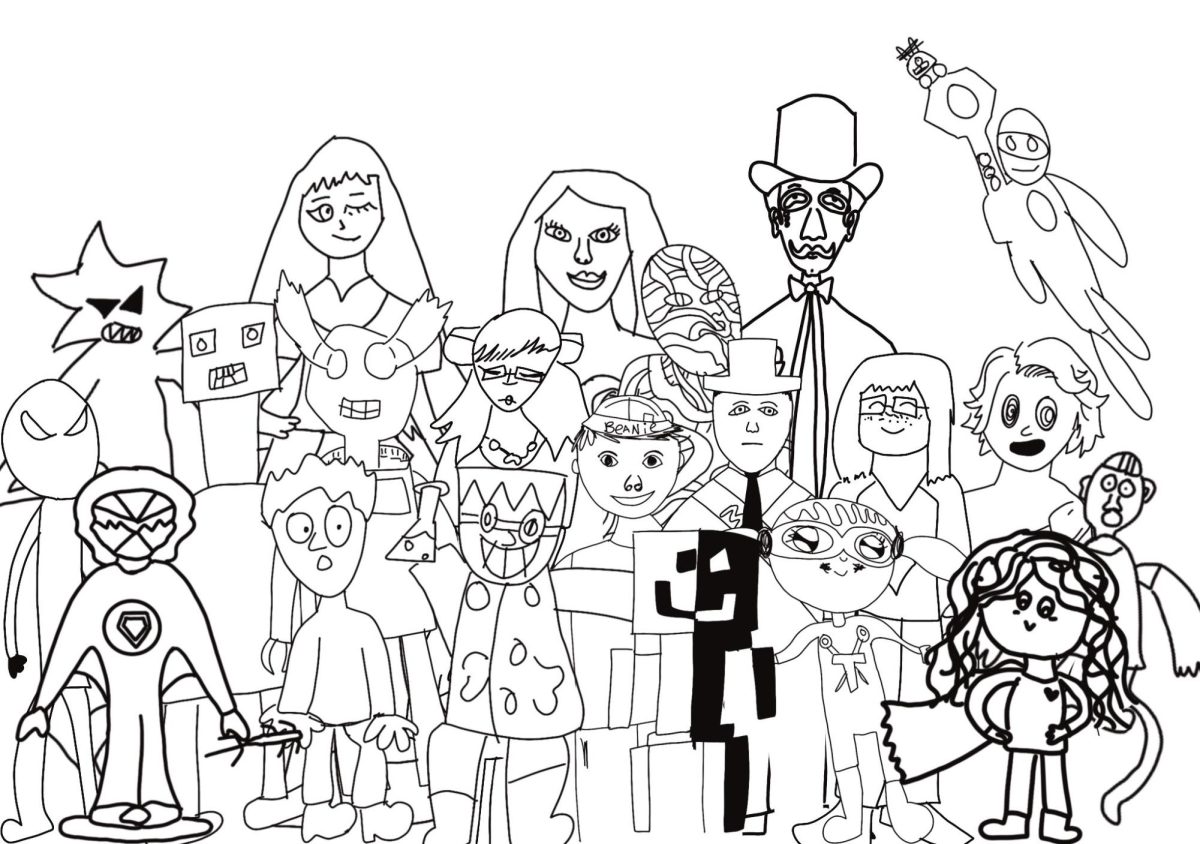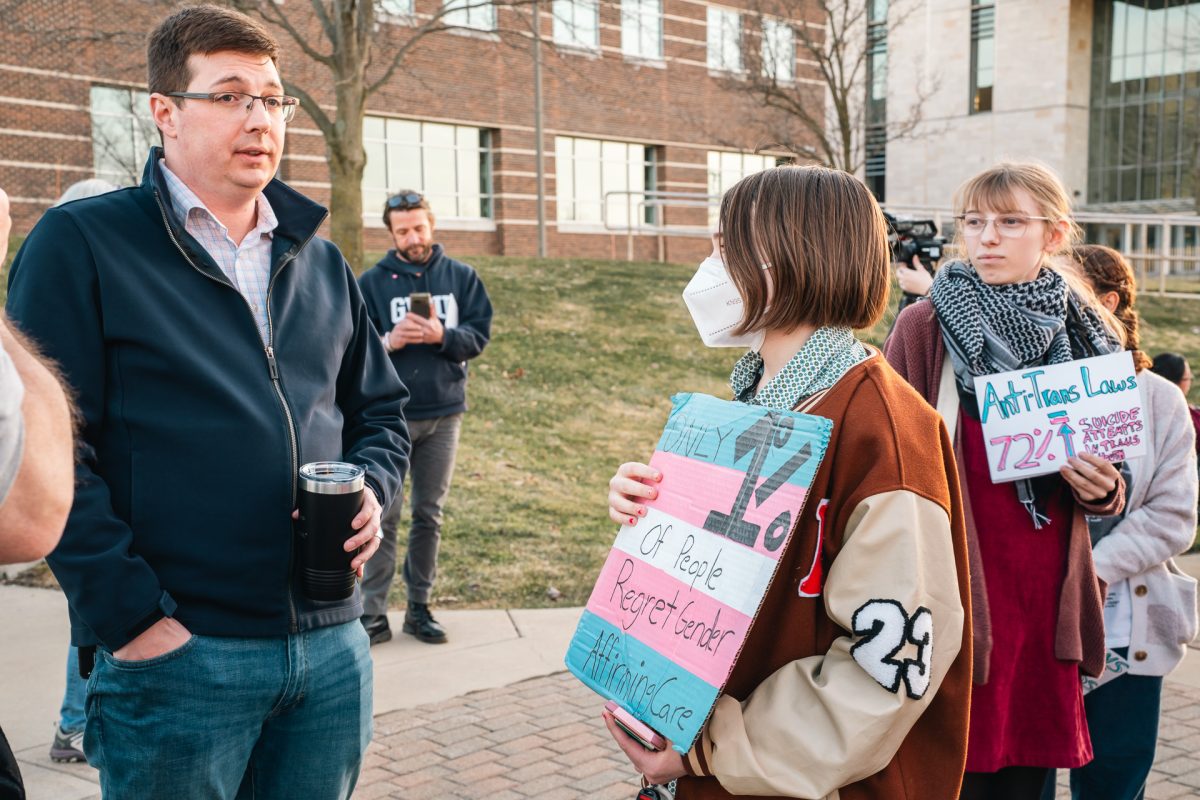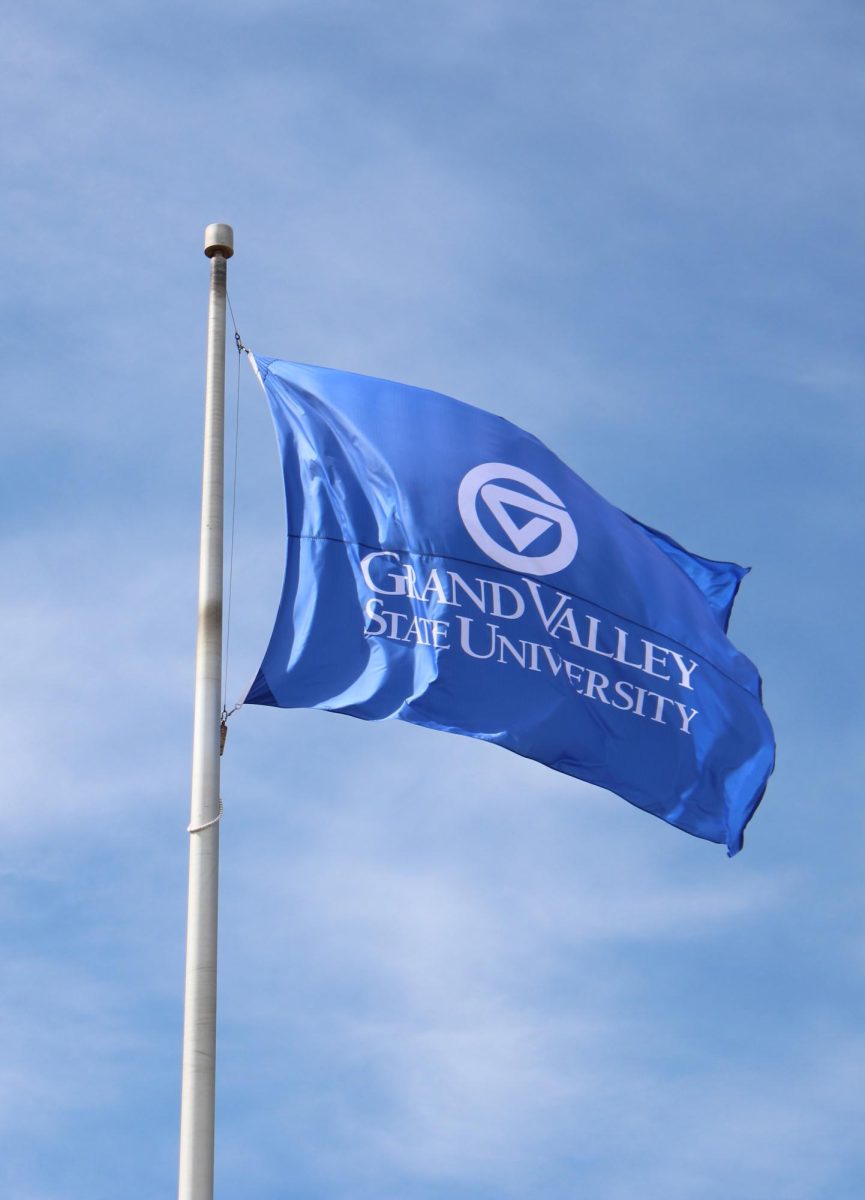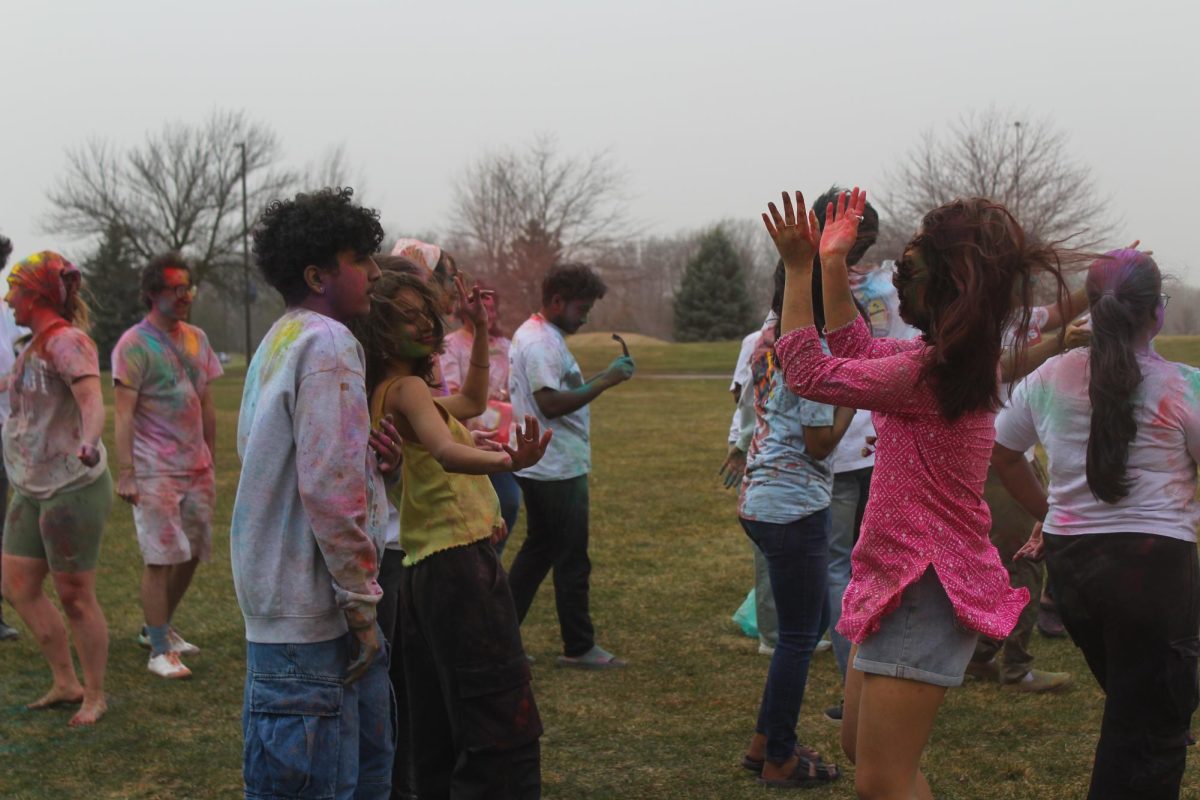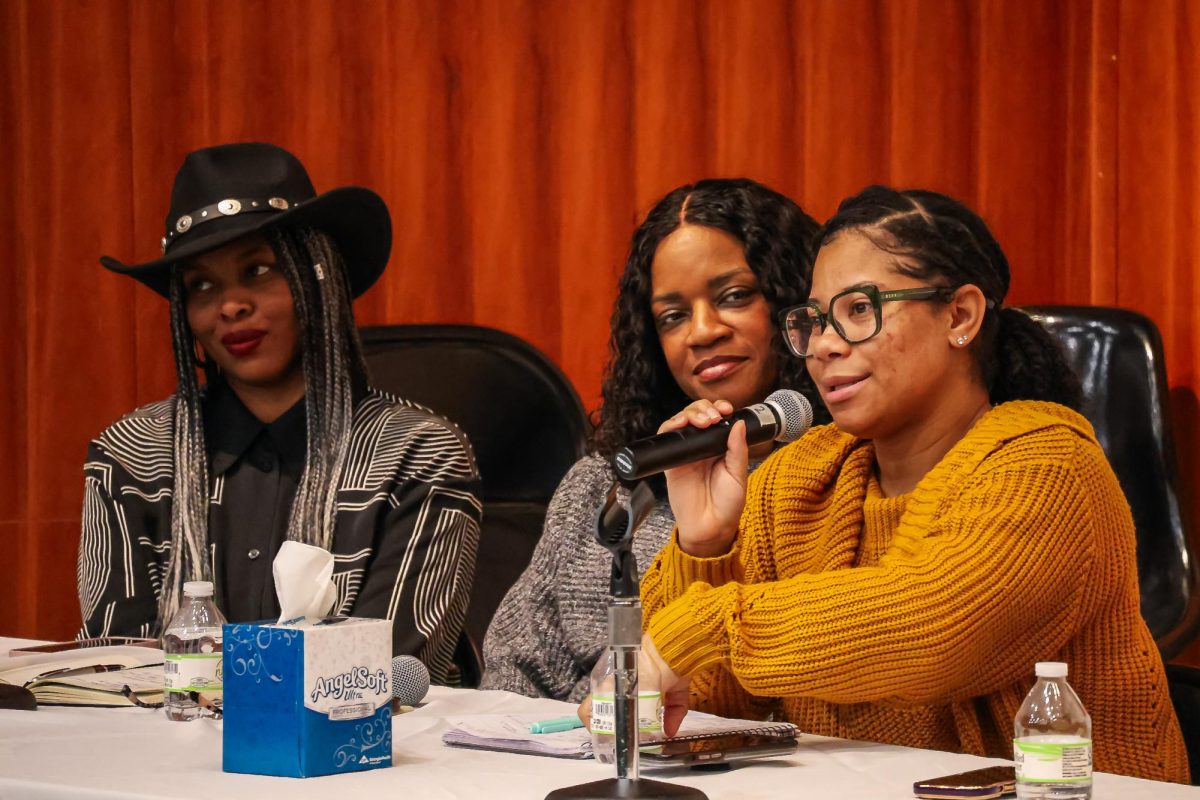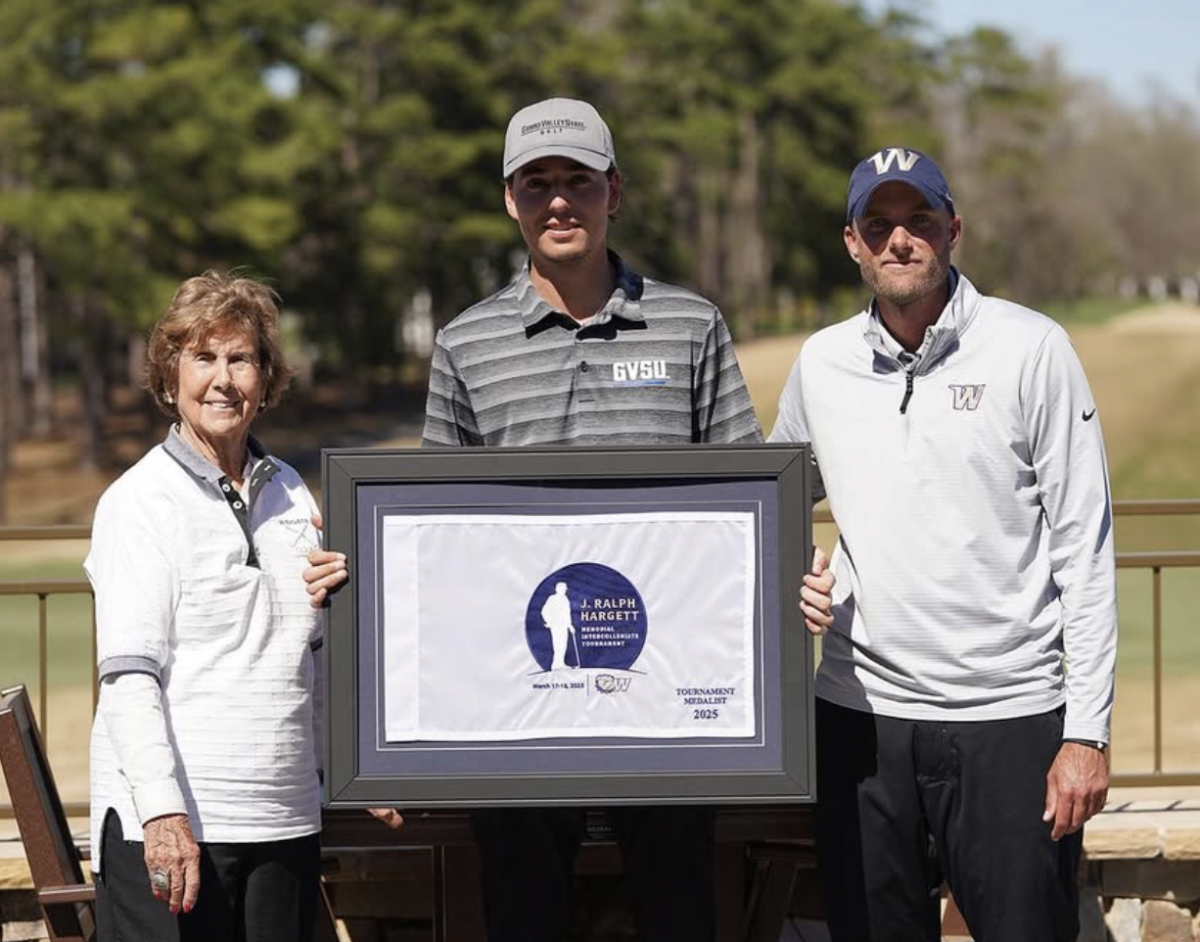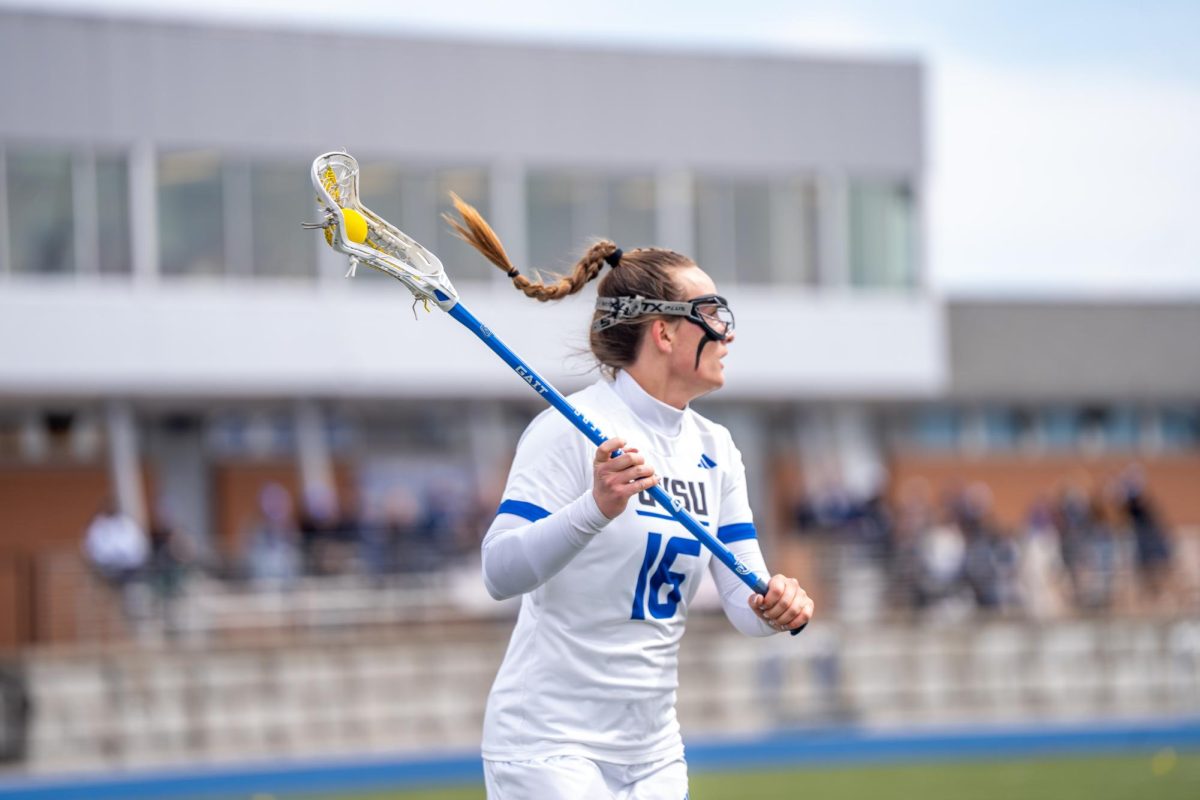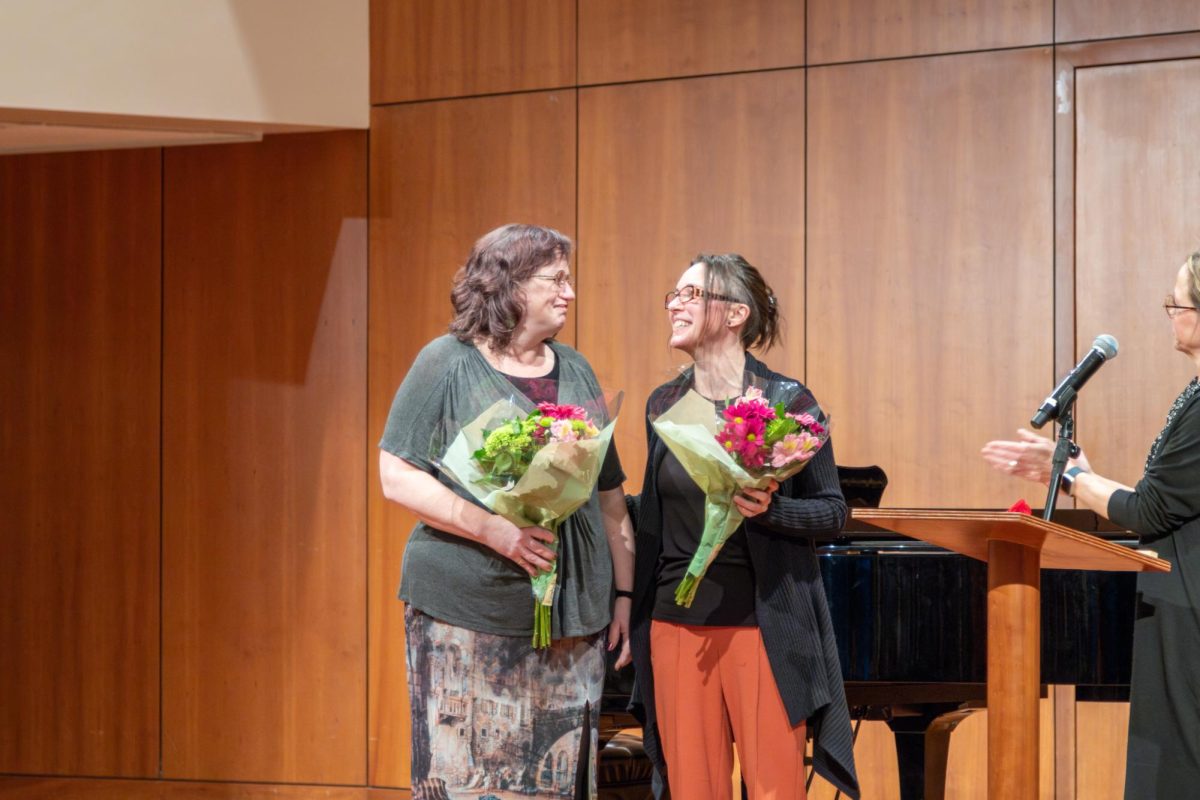GV sets sights on face-to-face instruction in fall, combats COVID-19 struggles internally
Jun 2, 2020
Grand Valley State University is unveiling preparations for the upcoming Fall 2020 semester, which point to the strong possibility of face-to-face instruction. Changes outlined address both immediate and long-term struggles the university will face as it welcomes a new body of students amid a national pandemic.
During an interview with the Lanthorn, University President Philomena Mantella said that leadership has their eyes set on face-to-face instruction in the fall, but will require some adjustments to keep public health in mind. In doing so, Mantella said the University’s plan moving forward would focus on foundational values.
“We’ve been very focused on leaving the community with our values and care — those two things are first and foremost for us,” Mantella said. “Our values center around students and student learning, and care has an even deeper meaning today when we think about public health, not only for ourselves but for others… In addition to that, we’re focused on preserving the continuity of learning in any way we can, but also the quality and richness of learning.”
Mantella made it clear that she hopes and is planning for face-to-face classes in fall, which will use online learning to lessen student density. However, there has been no official announcement because of the rapidly-changing circumstances surrounding social distancing.
“It’s always difficult when there isn’t a roadmap,” Mantella said. “Unchartered territories are always challenging. What you rely on is using the best of the community, the university talent — we have really great people… It’s been face-paced. It’s been daily.”
Felix Ngassa, Chief of the Executive Committee to the University Academic Senate, said leadership and an increased public awareness has made him comfortable with the potential to have face-to-face learning next school year.
“Personally I’m not scared to return,” Ngassa said. “We have many groups that have helped us take the necessary precautions for social distancing and making sure our classrooms are secure, certain aspects are under control, and certain precautions are underway. When we get to that point, I believe in the organization.”
Students will see changes if plans to feature face-to-face instruction go off without a hitch. Vice President of University Communications Mary Eilleen Lyon confirmed larger university events may be scaled back next year, but did not provide specific examples.
Lyon said policies outlined by government officials and bodies like the NCAA and Great Lakes Intercollegiate Athletic Conference (GLIAC) would likely have influence in those decisions.
Around GVSU, students will also see changes made to campus itself. Mantella said the University may use the second tranche of CARES Act funding (one of the two tranches included, with the other being $9 million for student aid, which has already been distributed) to improve campus’ ability to promote strong public health if guidelines allow.
These decisions will have large implications on university budgeting as the future clears and plans are finalized. Mantella said that the incoming student body is a large one, but understands that number may change. While it was announced that GVSU was financially sound following classes being moved online due to its emergency fund, Mantella said the university will take measures to ensure that continues.
Several of these measures were outlined in an email sent to faculty and staff members May 18, penned by Mantella. Reserve funds provided leadership with immediate “decision-making space,” Mantella said, but these changes serve as “budget containment” measures to preserve financial stability.
The email noted that fiscal year 2021 salary increases would be foregone, which is an incremental increase given to all faculty and staff members around this time of year, Lyon said. Lyon also said all non-essential hiring and expenditures would be limited to positions that are related to university operations or student support. No plans for how specific expenditures would be trimmed were ready to be announced yet.
Additionally, nonessential university travel would be limited and all print materials would be moved to digital formats.
In regards to budgetary shifts, biology professor Robert Hollister, who is Chair of the University Academic Senate’s Salary and Budget Committee, said he understands why the changes are happening, but he wishes the announcement of the salary news didn’t come as a surprise.
“The comment that the salary increases aren’t happening this year was a little bit of a slap in the face to faculty governance, because we had agreed to postpone that (information),” Hollister said. “A lot has happened, things are changing quick, so I fully understand the messaging. I was still under the impression that if the budget would magically improve, we would get those raises, but that drastically looks less and less likely.”
Mantella said that while budget alterations may seem intimidating, she wanted to reinforce the University’s student-centric approach. In preserving that, Mantella is donating 10 percent of her fiscal year 2021 salary to the University’s Student Hardship Fund, which supports students financially affected by COVID-19. The University’s Senior Leadership Team and deans are also donating 5 percent of their respective salaries to the fund.
“Even with the federal funds and the raising of additional dollars, we felt that the Senior Leadership (Team) could and should designate some of their own individual philanthropy there, and said in lieu of a percentage of our salary, we would place that in the Student Hardship Fund,” Mantella said. “We think the answer is to help as many students (as possible) through this time — which we hope will be short-lived — so they don’t step away from what’s really going to help them stay off of unemployment and deal with the challenging circumstances in the job market.”
With sights set on the Fall semester, more information will be provided throughout the summer, and Mantella said the University is prioritizing clear, public messaging during this time.





